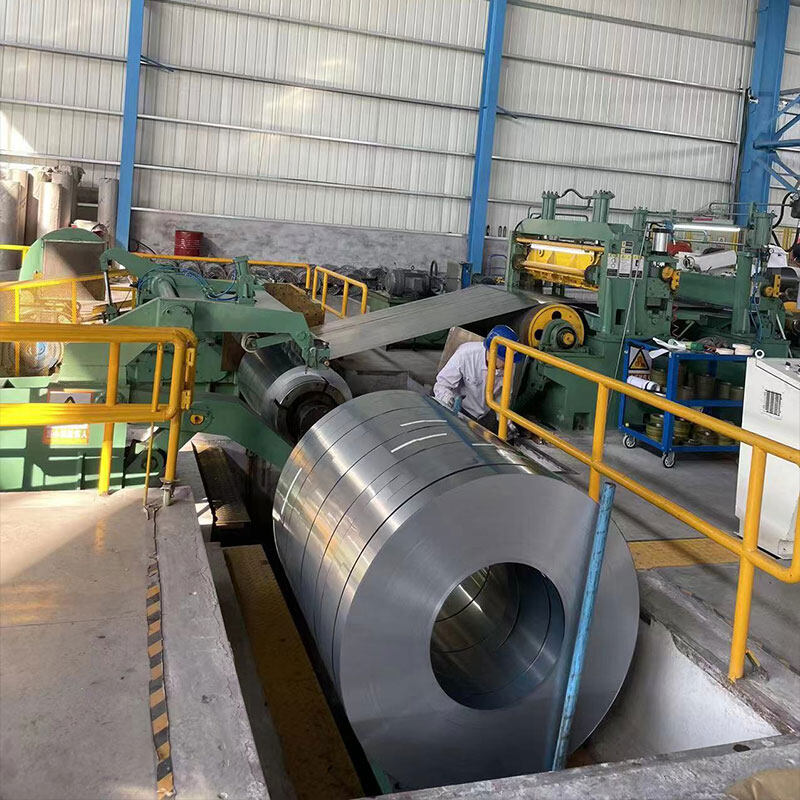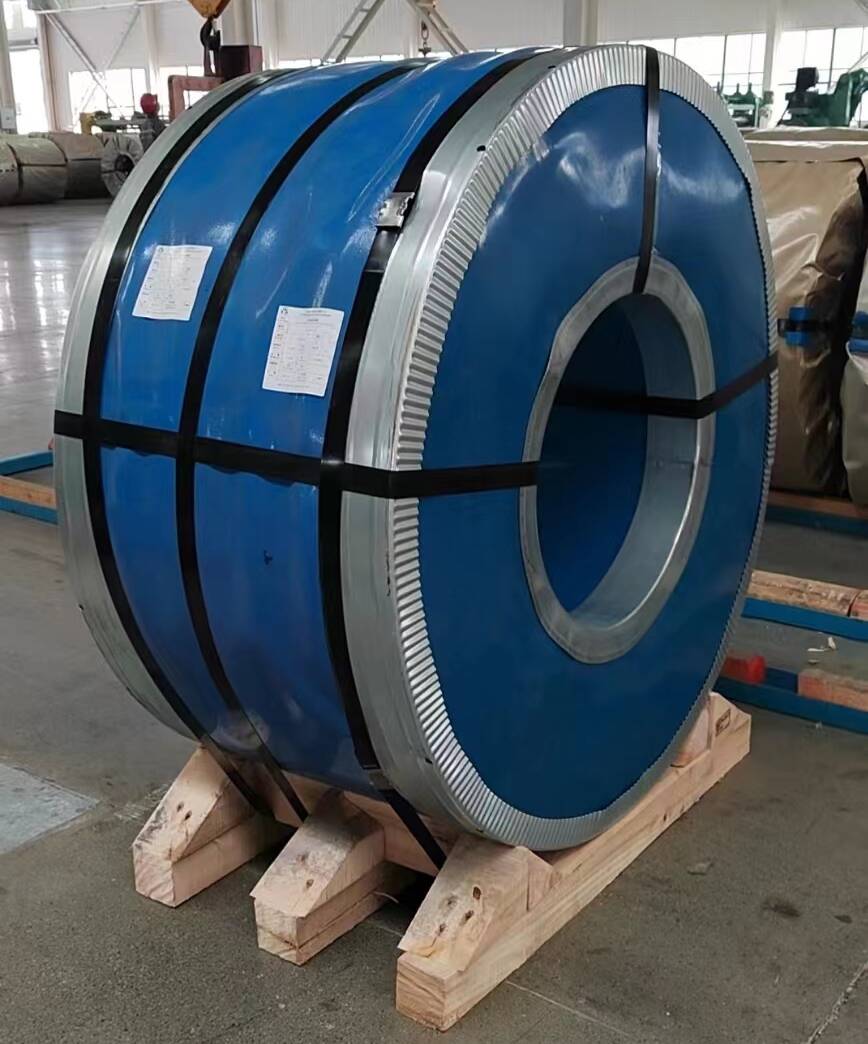Email format error
Email cannot be empty
Email already exists
6-20 characters(letters plus numbers only)
The password is inconsistent
Email format error
Email cannot be empty
Email does not exist
6-20 characters(letters plus numbers only)
The password is inconsistent

News

What Is the Difference Between CRGO and CRNGO?
In the fascinating realm of magnetic materials, two acronyms often spark curiosity: CRGO and CRNGO. These terms refer to specific types of magnetic alloys used in various applications due to their superior magnetic properties. But what exactly sets them apart, and how do their differences impact their use? This article will demystify these materials, guiding you through the properties, applications, and distinctions between CRGO and CRNGO.
Understanding CRGO and CRNGO
What Are CRGO and CRNGO?
CRGO, or Cold Rolled Grain Oriented electrical steel, and CRNGO, Cold Rolled Non-Grain Oriented electrical steel, are types of silicon steel sheets engineered for their magnetic characteristics. They are crucial in the manufacturing of electrical machines and transformers due to their high magnetic permeability and low core loss.
The Role of Silicon
Both CRGO and CRNGO are alloys primarily composed of iron and silicon. The addition of silicon enhances the magnetic properties, making these materials ideal for applications requiring efficient energy conversion and minimal energy loss.
The Grain Orientation Difference
Grain Orientation in CRGO
One of the key differences between CRGO and CRNGO lies in their grain orientation. CRGO steel is manufactured to have a specific grain orientation, which results in superior magnetic properties in the rolling direction. This makes CRGO particularly effective for applications requiring high magnetic flux density.
Non-Oriented Nature of CRNGO
In contrast, CRNGO does not have a specific grain orientation. This gives it more isotropic magnetic properties, meaning it performs similarly in any direction. While it may not offer the same peak performance as CRGO in a single direction, it provides a balanced performance across multiple orientations.
Manufacturing Process and Properties
The Path to Production
The manufacturing process for both CRGO and CRNGO involves cold rolling and annealing, but the specific techniques used can lead to different property profiles. CRGO's grain-oriented production process is more complex and results in higher magnetic permeability in the rolling direction.
Magnetic Properties
CRGO's magnetic properties are highly directional, offering lower core loss and higher permeability in the rolling direction. This makes it ideal for transformers and motors where the magnetic field is predominantly in one direction.
On the other hand, CRNGO's magnetic properties are more uniform, making it suitable for applications requiring a consistent performance in any orientation, such as certain types of motors and transformers.
Applications and Industries
CRGO in Action
The high performance of CRGO makes it the preferred choice for high-efficiency transformers and large motors. Its directional properties are particularly beneficial in power systems where space is a premium, and maximum efficiency is required.
CRNGO's Versatility
CRNGO, with its isotropic properties, finds applications in a variety of electrical devices, including small motors, transformers, and sensors. Its versatility makes it a popular choice for general-purpose applications where uniform magnetic properties are needed.
Environmental and Economic Considerations
Sustainability in Material Choice
The choice between CRGO and CRNGO also has implications for sustainability. CRGO's higher efficiency can lead to reduced energy consumption over the lifetime of a device, which is beneficial from an environmental perspective.
Economic Factors
From an economic standpoint, CRNGO is often more cost-effective due to its simpler manufacturing process. However, the long-term energy savings offered by CRGO can offset its higher initial cost in certain applications.
Future Trends and Innovations
Advancements in Material Science
Research and development in material science are continually pushing the boundaries of what's possible with CRGO and CRNGO. Innovations in manufacturing techniques and alloy formulations are enhancing the performance and reducing the cost of these magnetic materials.
Emerging Applications
As technology advances, new applications for CRGO and CRNGO are emerging, such as in renewable energy systems and advanced electric vehicles. These applications demand high-performance magnetic materials, creating opportunities for both CRGO and CRNGO.
Conclusion: The CRGO and CRNGO Dichotomy
CRGO and CRNGO, while similar in composition, offer distinct advantages and are chosen based on specific application requirements. Understanding the nuances of these magnetic materials is crucial for engineers and designers looking to optimize the performance of electrical devices. As the demand for efficient and sustainable technology grows, the role of CRGO and CRNGO will only become more significant in shaping our technological future.


